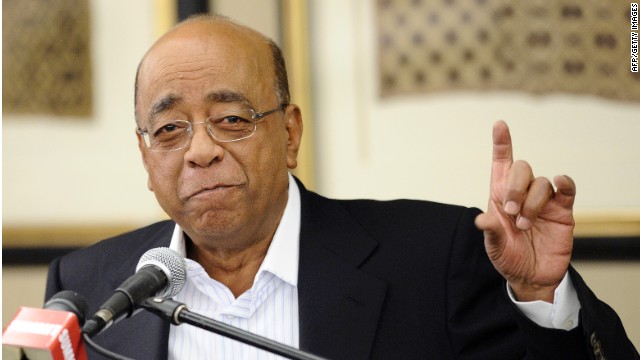 Samsung Electronics East Africa has launched the first Solar Powered Internet School (SPIS) at GS Kamabare School in Bugesera District with an aim of helping school going children get easy access to modern technology.
Samsung Electronics East Africa has launched the first Solar Powered Internet School (SPIS) at GS Kamabare School in Bugesera District with an aim of helping school going children get easy access to modern technology.
The new project will provide a technology-rich learning and teaching environment in Rwandan schools that will propel the students to pursue innovative solutions to drive the growth of the East African nation.
With a vision to reach over 2.5 million students in Africa by 2015, the programme focuses on the deployment of ICT infrastructure, professional development of educators, content development and management, school administration and management as well as sharing best practices in the integration of ICTs in enhancing learning and teaching in the classroom.
The SPIS is a 40-foot shipping container that Samsung equips with 24 laptops plus one for the teacher, a multi-purpose Samsung printer, a 50-inch electronic board, a server, internet and the solar panels. All these devices are optimised for use in a solar-powered environment.
The e-board allows for cross-group collaboration between and among educators and learners across geographical boundaries. It can run video conferencing, access the internet, and connect to the tablet computers in the container, all simultaneously, providing an amazing learning and teaching experience for the educators and learners.
Samsung Vice President for East and Central Africa, Robert Ngeru said the schools are built for use in remote rural areas with little or no electricity connectivity and are easily transportable via truck.
“The fold-away solar panels provide enough energy to power the classroom’s equipment for up to nine hours a day. The solar-panels are made from rubber instead of glass to ensure they are hardy and durable enough to survive long journeys across the continent,” he added.
In rural areas connected to the national grid, Samsung will install the Smart Schools. The host school provides a secure classroom that will be equipped by Samsung with the Galaxy tablets, e-board, servers and internet. One such Smart School has been fitted at GS Gashaki School in Musanze District.
Samsung has also partnered with Intel to pre-install content on the tablet computers, though negotiations between the electronics company and the Ministry of Education to have the school curriculum installed are in top gear.
Dr. Vincent Biruta, the Minister of Education lauded the donation by Samsung as he encouraged other private sector players to partner with the government in promoting quality education and overcome challenges facing the education sector in the country.
“Overcoming these challenges requires public and private institutions to work together in seeking relevant solutions. The quality of students that will graduate from our education system will also reflect on the kind of staff the private sector will be employing,” he added.
Minister of Youth and ICT, Jean Philbert Nsengimana on his part said that Samsung’s partnership on the launch of the Solar Powered Internet Schools and Smart Schools comes at a time the country is investing heavily to develop SMART Rwanda.
“SMART Rwanda is the implementation vehicle for initiatives in the ICT Sector Strategic Plan 2013-2018 and aims at helping us achieve our ICT for Development Vision, one village at a time,” he added. “One of the pillars that will assist in the success of SMART Rwanda is SMART Education. The Samsung Solar Powered Internet Schools as well as the Smart Schools therefore fit perfectly in the government ICT plans for the future.”
In 2012, Samsung Electronics East Africa signed a Memorandum of Understanding to collaborate with the Rwandan government in a number of sectors. These included health, job creation, security, e-governance and education.
“We are here today to launch the Samsung Solar Powered Internet Schools and the Smart Classrooms as part of this MoU,” added Mr. Ngeru.


